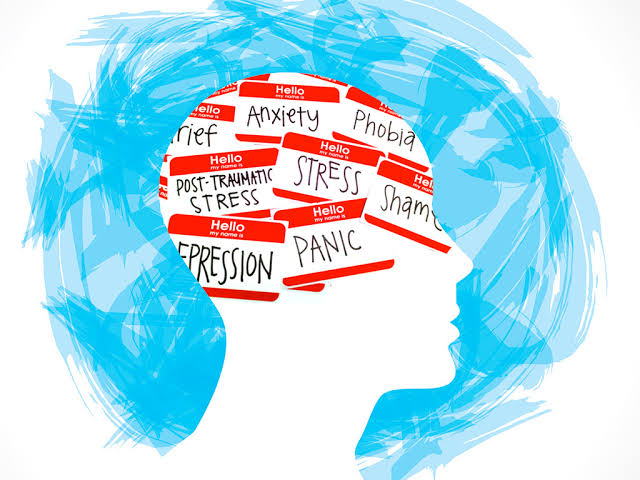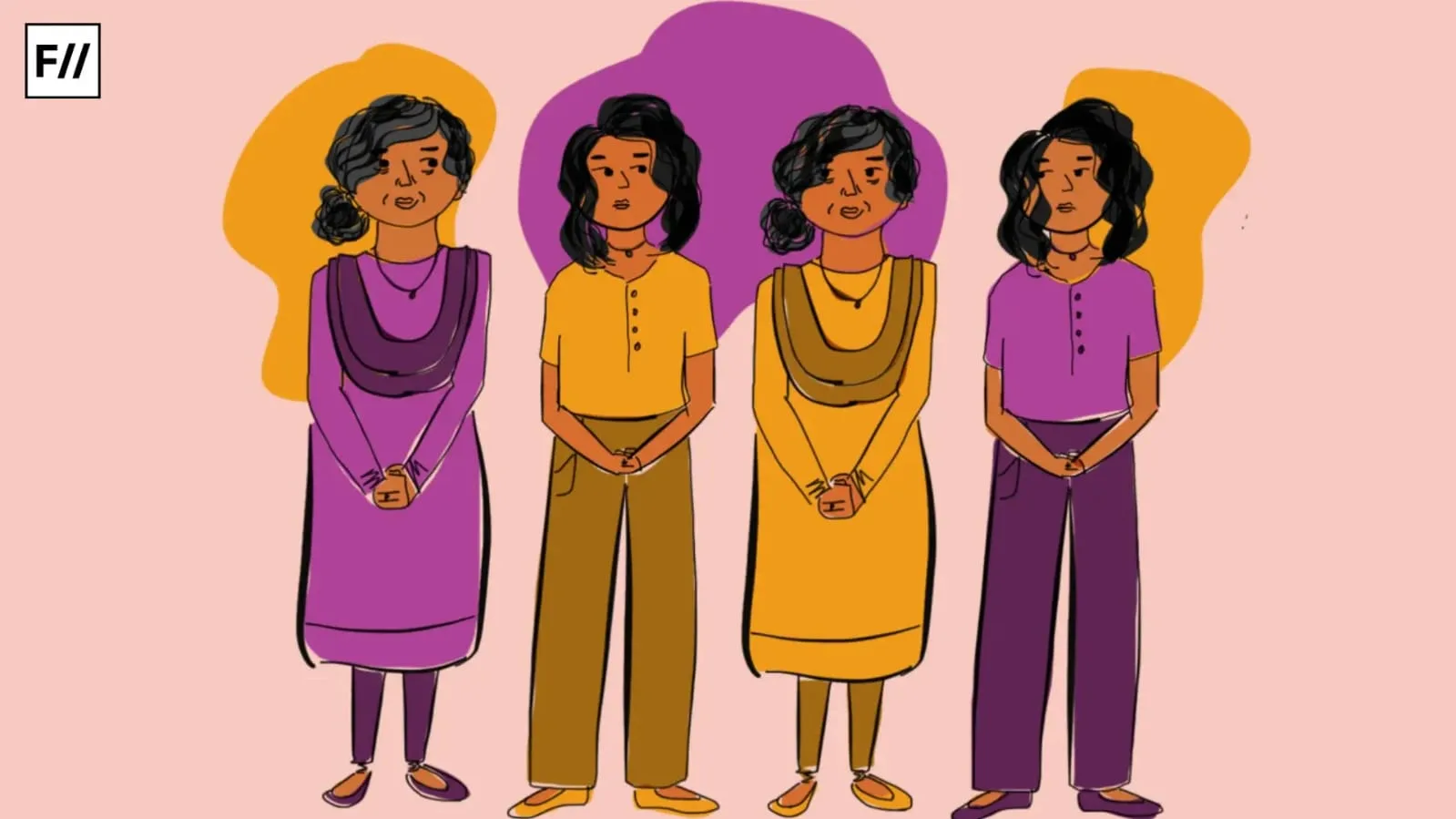Three months back, I had to quit my postgraduate course at one of the top journalism schools in India. My quitting of the course was a result of the ignorant and narrow-minded approach of the college authorities towards my mental health. In the end of July 2019, I suffered from a mental breakdown, which happens occasionally due to my mental illness. I was diagnosed with Bipolar Disorder in 2016. However, at no point of my life, did I reduce the level of my career ambitions simply because I go through depressive episodes once in a while.
The college authorities did not permit me to stay in hostel when they came to know that I have a mental illness and said that they will allow me to pursue the course contingent upon me producing a fitness certificate from my psychiatrist in Delhi. Depressive episodes can last lifelong and happen without any triggers; these are basic facts about mental health that any educated person should be aware about. The unrealistic expectation of the college authorities that I will not have a single mental breakdown during the one-year journalism course betrays a dark social reality—the reality that mental health awareness is an exception and not the norm.

My experience is not an isolated case, but a reflection of the systemic prejudice that institutions hold against students who have mental illness. Prateek (name changed), a student at one of the most prestigious law schools in India, too suffered a similar fate because he has Bipolar Disorder. He was not allowed to stay in college hostel and the college authorities were strongly inclined to rusticate him when he had a manic episode in the campus. However, he managed to pursue the course after requesting the authorities earnestly and persistently, to allow him to do so.
My experience is not an isolated case, but a reflection of the systemic prejudice that institutions hold against students who have mental illness.
Taking into consideration the increasing cases of mental health disregard in campuses, in this article, I would like to list 5 steps, authorities and the administrations of different universities, colleges and schools can take to help students with mental health issues tackle, cope or support themselves, through their difficult times.

5 Steps That Institutions Should Take
1. Academic Courses Should Be Accommodative Of Diversity
Make the academic courses less stressful and rigorous and encourage the holistic development of the students. Students having mental illness should not have to choose between education and mental health care. The academic courses should be tailored to accommodate the diversity of students. Every student is unique and has unique needs- institutions must understand this. Institutions must make suitable adjustments and compromises with their dogmatic rules such as their attendance policy.
Also read: Podcasts, Poetry, Music: How The Arts Took Up The Fight For Mental Health
2. Individual Capability Based Assessment System
Many students suffer from excessive anxiety and stress due to the stringent and monolithic assessment system in universities. Students should have the option of choosing from a variety of assessment systems according to their aptitude. For instance, some students have stage fear and become anxious with oral presentations and public speaking. So, such students should be provided with an alternative assessment system such as essay writing. Some students are highly creative and can write brilliant fiction but are not good at rote memorizing random general knowledge facts; so the aptitude of these kind of students should be assessed differently.
Make the academic course less stressful and rigorous and encourage the holistic development of the students. Students having mental illness should not have to choose between education and mental health care.
3. Subsidize Education And Provide Financial Support
High fees and rising debt because of student loans can be a source of immense stress on students. Universities should minimize tuition fees and provide economically disadvantaged and meritorious students with scholarships which will give them funding support for both their university fees and living expenses.
4. Institute A Mental Health Support Team
Every educational institution should have a team of well qualified and experienced clinical psychologists, psychotherapists and psychiatrists to take care of students who have mental health issues. The team should play a prompt and proactive role in identifying signs of mental illness in students, manage symptoms and provide them with proper and adequate treatment.

5. Appoint A Mental Health Emergency Crisis Team
Every educational institution should be well equipped to handle mental health crisis situations among students and immediately respond to medical emergencies. Students who get suicidal or self-harm thoughts, go through psychotic phases where they get hallucinations and delusions should be taken to immediate care of mental health professionals.
Also read: It’s Time Films Began Portraying Mental Illness With Greater Sensitivity
This list is not exhaustive, but rather attempts to open new perspectives and add to the already existing discourses on mental health. Mental health professionals can devise new ways of understanding the campus as a space, especially in present times, where life has increasingly become more challenging at individual levels.
Featured Image Source: Medium




